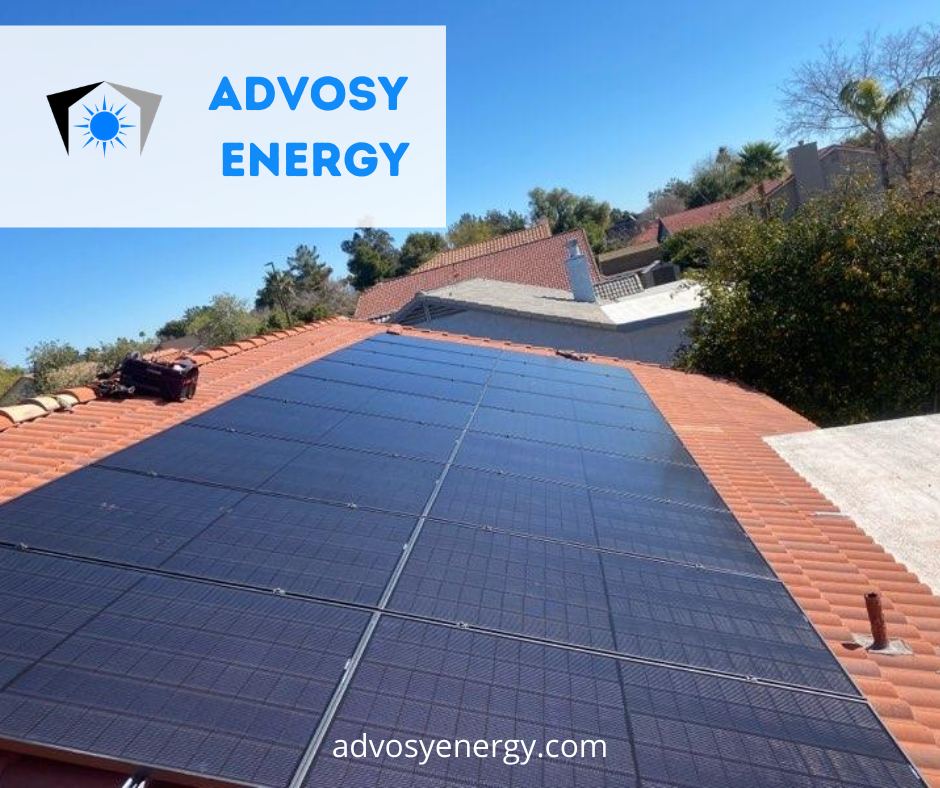HOW GOING SOLAR BENEFITS PUBLIC Health and the Environment
Most people know of solar energy and the fact that it is a "green energy source." But , less people know about the specific health and environmental benefits from solar energy. They are more substantial than you may believe.
How does solar power impact greenhouse gas emissions? What impact does this have on the water supply and the ground? What are you able to do to improve your general health?
These questions can help you find alternative energy sources that can be beneficial to you, your community as well as the natural environment. This is a quick guide.
CARBON DIOXIDE EMISSIONS
Atmospheric carbon dioxide has an enormous influence on climate change. It is absorbed into atmosphere, remains there for several decades after which it radiates heat back towards earth, warming it in a continuous manner.
Climate change can have a variety of negative health effects for the general population. Climate change makes it more easy to spread infectious diseases, increases the severity of natural catastrophes, and increases the risk of food insecurity and droughts. You can reduce these risks by switching to solar power.
Solar panels produce electricity, which decreases air pollution. They don't require burn carbon dioxide for power.
Renewable sources of energy will eventually replace fossil fuels that emit carbon dioxide, preventing the burning of fossil fuels like coal and oil that emit heavy pollutants to the atmosphere.
METHANE EMISSIONS
Many people are aware of carbon dioxide and its relation to climate change. Methane is a topic that is less well-known to the general public.
Methane lasts longer in the atmosphere as compared to carbon dioxide. However, it traps more heat and radiation. Methane's impact on the environment is 25 times more than that of carbon dioxide, pound-for-pound.
The atmosphere is filled with methane generated by the burning of petroleum and natural gas. Solar energy sources do not require methane in order to use them or for transmission. The more solar energy that you make use of the less natural and petroleum gas you use as well as the lesser methane that you generate.
GROUND POLLUTION
Ground is damaged by non-renewable energy sources in a variety of ways. The oil often seeps into the soil, causing damage to animals and plants. Likewise, Fracking for natural gas can damage habitats and layers of the earth.
While nuclear power doesn't help in the growth of carbon dioxide levels in our environment, radioactive substances generated by nuclear power plants could cause groundwater pollution. They may make areas inhospitable or even cause radiation poisoning.
Solar panels are not significant sources of ground pollution. Any rain that ishes solar panels off won't draw their components into the soil.
The truth is that solar panels contain lead and other elements that can be dangerous. Solar panels have an average of 25 years life span , which means the likelihood of their being damaged is very low. You can also recycle your panels if they become damaged.
A solar panel placed over your lawn will block sunlight and prevent water from getting to the grass beneath. The panels should be placed where they won't hinder the growth of your plants. If a plant grows under it, make sure to give it a little water.
AIR POOLLUTION
According to the World Health Organization, 4.2 million people die prematurely each year by outdoor air pollution. The primary cause for air pollution is burning of oil. Oil has a variety of harmful chemical compounds that cause carcinogens.
Coal isn't any better because it's a chemical source, including sulfur dioxide, which can harm the lungs when breathed in. When they reach your bloodstream, coal particles could cause organ damage.
Air pollution also has harmful impacts on eyes and could cause short-term as well as long-term damage to your eyesight. Solar panels aren't known to cause pollution to the atmosphere. Even in the worst of circumstances and even in the event of fire, the material contained within them won't be released into the air.
TRANSMISSION AND STORAGE
Urban planners usually put power plants in residential areas. However even those situated near homes are typically far away from where they were intended to be.
It is because planners string up long transmission lines to transfer electricity throughout the town. A portion of the electricity is lost during transmission, and the power plant has to consume more fuel in order to make up for the loss.
Solar installation Scottsdale systems do not require long transmission lines, and they only require enough energy to meet your need.
You can also transfer any excess generated energy into batteries and save it for power outage scenarios. It is also possible to tap into the power stored in your batteries at night, if the panels aren't in use. You'll ultimately avoid burning fossil fuels and dramatically reduce your carbon footprint.
WATER UTILISATION
Hydropower is another renewable energy source. It doesn't cause pollution to the air or create carbon dioxide emissions. It's dependent on rivers and other natural water bodies that can harm ecosystems and hinder the flow of water to people.
Solar panels don't impact the consumption of water in any way. Your panels may not require water to wash them because rain can remove dust, dirt and other particles.
solar Phoenix
best solar companies in California
commercial solar Arizona
solar panels Las Vegas
solar Mesa az
Advosy Energy
4411 S 40th St Suite D-5 Phoenix, AZ 8540
602-584-8294

